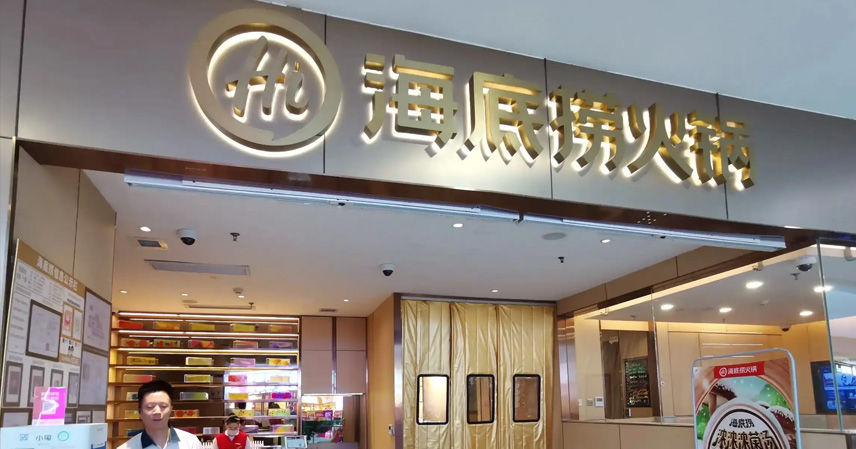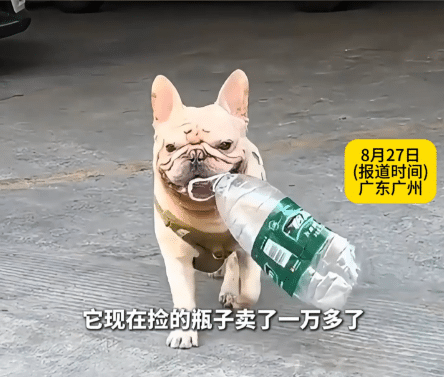In March 2025, a court ruling brought closure to a bizarre incident involving two 17-year-old boys who urinated into a boiling hotpot at a HaiDiLao restaurant for thrills, filmed it, and shared the video online. The staggering $220,000 compensation award left the initially nonchalant teens in shock, highlighting the ripple effects of reckless behavior—from damaged corporate reputation to gaps in family education. This case sparked widespread debate on minor accountability and safeguarding brand trust in the food service industry.
The Incident Unfolds: A Midnight Prank Gone Viral
On February 24, 2025, around 2 a.m., a private room at a HaiDiLao outlet in a major city was dimly lit by warm yellow lights. Leftover mandarin duck hotpot dishes cluttered the wooden table—faint steam rising from the clear broth with stray greens, while bags from beef tripe and duck intestines lay scattered on chairs. The door was locked, and the silence of the night was broken by the laughter of two 17-year-old boys.

Surveillance footage captured one boy climbing onto the table as the other pulled out his phone to record. Aiming the lens at the bubbling pot, the standing teen adjusted his stance and urinated into the clear broth, splashing droplets onto the rim. Grinning at the camera, he quipped, “This broth is flavorful now—no need for extra stock next time!” The video clearly recorded their banter, with close-up shots showing the pot’s disturbing transformation.
Initially shared in a small circle, the clip exploded on March 8 when snippets hit social media. The hashtag “HaiDiLao private room urination” trended within hours, igniting outrage. Netizens dissected screenshots of the tainted pot, questioning past meals: “What if I ate from there?” Others tagged HaiDiLao‘s official account for answers, while customers demanded refunds, fearing contaminated utensils. One diner even requested a table farthest from the room upon arrival, and bookings were canceled en masse.
Store staff recalled the chaos: intensified cleaning schedules, hourly utensil inspections, yet customer anxiety lingered, underscoring how a single act eroded dining trust.
Breaking Down the $220K Award: Defining Direct Damages
The court’s $220,000 compensation wasn’t arbitrary—it meticulously itemized direct losses tied to the boys’ actions:
$200,000 in Reputation Damage: As a brand built on service excellence and hygiene standards, HaiDiLao suffered a sharp drop in public perception. Foot traffic fell 15% in the week post-incident, and online delivery orders dropped 20%, qualifying as goodwill impairment.

$130,000 in Materials and Sanitization Costs: All utensils from the affected room and three adjacent ones were discarded—four mandarin duck pots, 24 ceramic bowl-and-chopstick sets, eight dipping bowls, and four ladles, with pots alone costing $30,000. Professional sanitization followed: six hours of UV light, four hours of ozone treatment, and three rounds of surface wiping, totaling $80,000. An additional $20,000 covered four hours of business interruption for ingredient spoilage.
$70,000 in Legal Defense Expenses: Fees for lawyers, evidence preservation (notarized footage and video forensics), and staff travel were deemed essential for rights protection.
Notably, the court rejected HaiDiLao‘s initial $23 million claim, including $20 million for “refund tenfold” payouts. The ruling clarified these were voluntary PR moves—not direct legal liabilities—drawing a clear line between judicial accountability and business choices, emphasizing legal precision.
Hidden Toll on HaiDiLao: A $3.2M Trust Recovery Bill
Beyond the court-mandated $220,000, HaiDiLao‘s broader market recovery efforts tallied around $3.2 million, dwarfing the award:
$2 Million in Voluntary Refunds: Though unsupported by the court, HaiDiLao honored “refund tenfold” for over 4,000 tables from the prior two weeks (average spend $500 per table, yielding $5,500 compensation each). About 3,800 accepted, with some praising the gesture: “It shows commitment—we’ll return.”
HK$500 Million Market Cap Dip: Shares plunged 2.3% on the trending day, evaporating HK$500 million in value. Analysts noted consumer trust directly impacts stock, requiring sustained marketing to mend the “credibility fracture.”
$1.2 Million in Brand Restoration: Post-incident, HaiDiLao launched a “hygiene transparency” initiative—live kitchen cams for customer views, media tours of sanitization, and “hygiene overseer” roles for diners—costing $1.2 million upfront.
For HaiDiLao, this $3.2 million was “trust insurance.” An executive reflected internally: “In dining, trust is everything. Losing it means no amount of stores or sales matter. That $2 million buys a second chance.”
Families in Crisis: From Fake Luxury to Crushing Debt
The $220,000 award crushed the boys’ families, shattering online myths of them as “spoiled rich kids.” Netizens had speculated from video glimpses of “designer sneakers” worth thousands, but investigations revealed $8 knockoffs from a suburban market—blurry labels, sloppy soles, and inverted tags.
Both sets of parents were vegetable vendors at a suburban market, rising at 3 a.m. for wholesale runs, hawking from tricycles with monthly profits under $8,000. They lived in a 30-square-meter aging flat with outdated furniture.
One mother, mid-sale of cabbage, dropped her scale upon the summons, tears streaming: “We’d sell everything, but they’re just 17—can’t we get a chance?” The other father sought apologies at the store, only to hear: “Trust takes time; apologies don’t fix it now.”
The boys’ attitudes shifted dramatically—from filming giggles (“No one will know”) and post-exposure shrugs (“We’ll just pay a bit”) to stunned silence at the ruling, one tearing up in court.
Drawing the Line: Minors Aren’t Shielded from Consequences
The verdict’s key takeaway: Minors, especially near-adults at 17, aren’t exempt from legal and social repercussions:
Priority Repayment Structure: Deductions start from the boys’ assets—$50,000 in red envelope savings and $20,000 from part-time jobs—before guardians cover the rest, enforcing “own actions, own responsibility.”

Layered Penalties: Beyond finances, they faced seven-day administrative detention (recorded but not served due to age) and three-day public apologies in city papers, detailing the act, admitting fault, and pledging reform. Schools received notifications for enhanced civic education.
Public consensus echoed: “At 17, basic decency is expected—age isn’t an excuse.” Experts stressed that without home guidance on rules and accountability, teens risk a “mistakes are free” mindset.
Today, the boys shed fake brands, aiding at markets by dawn—sorting greens, weighing produce. Spotting HaiDiLao en route, one quickens his pace, eyes down. The ruling sits folded in a drawer beside an unread “Youth Civic Guide.”
References
- Court documents from the incident trial (March 2025, anonymized for privacy).
- HaiDiLao official statements on brand recovery initiatives.



